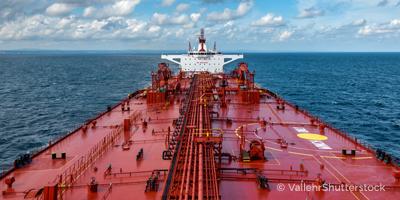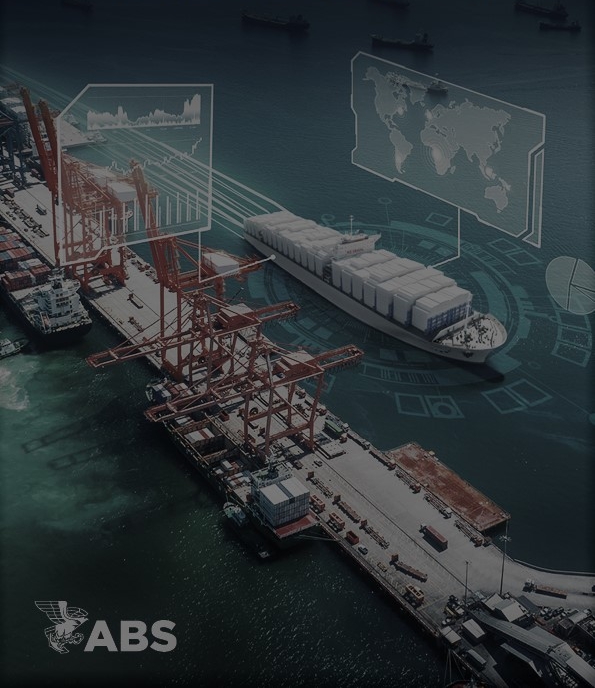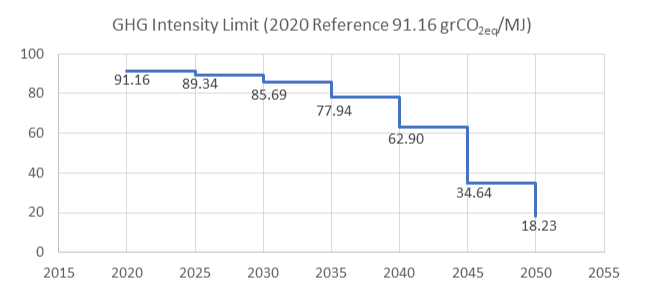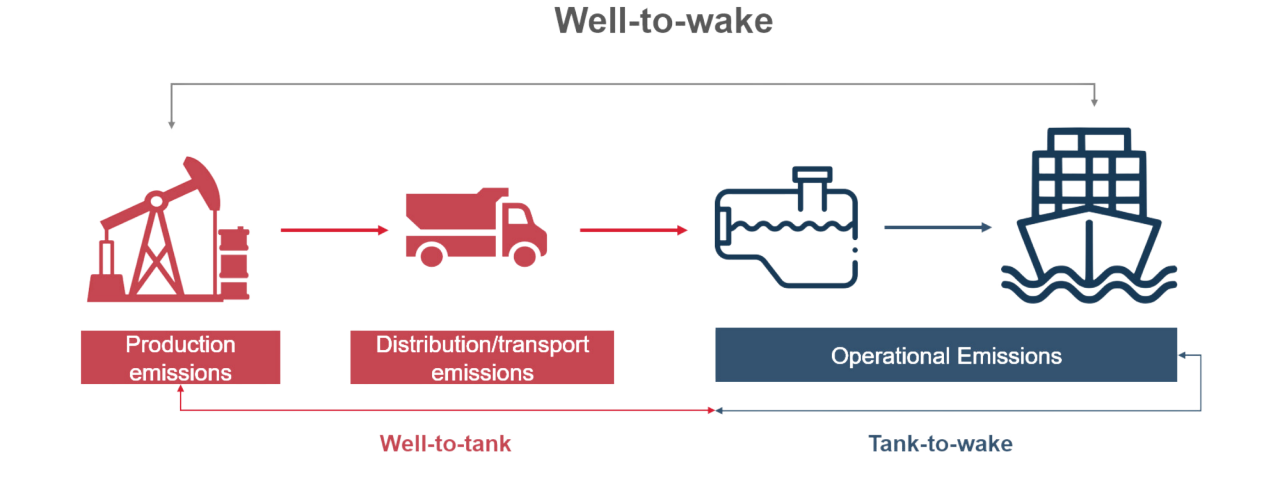What are the rules that the FuelEU Maritime Regulation imposes?
The FuelEU Maritime Regulation imposes the following three rules:
- From 2025, the GHG intensity of the energy used on board by a ship arriving at, staying within or departing from ports under the jurisdiction of a Member State to gradually decrease over time, by 2% in 2025 to as much as 80% by 2050;
- From 2030, an obligation for passenger ships and containerships to use on-shore power supply (OPS) for all electricity needs while moored at the quayside in major EU ports (Ten-T ports);
- The 2% of the energy used on board by a ship from 1 January 2034, to be covered from Renewable Fuels of non-Biological Origin (RFNBOs), only if the share of RFNBOs in the energy mix for the reporting period 2031 is less than 1%
Does the FuelEU Maritime Regulation apply to the entirety of the maritime transport in the EU?
The FuelEU Maritime Regulation applies to all ships above 5,000 GT that serve the purpose of transporting passengers or cargo for commercial purposes, regardless of their flag, in respect of:
- The energy used during their stay within a port of call under the jurisdiction of a Member State;
- The entirety of energy used on voyages from a port of call under the jurisdiction of a Member State to a port of call under the jurisdiction of a Member State;
- Half of the energy used on voyages arriving at or departing from a port of call under the jurisdiction of a Member State, where the previous or the next port of call is under the jurisdiction of a third country.
- Half of the energy used on voyages arriving at or departing from a port of call located in an outermost region under the jurisdiction of a Member State.
Who will be the responsible entity for compliance with the FuelEU Maritime?
The entity responsible for compliance with FuelEU Maritime Regulation must be the entity that is responsible for compliance of the ship with the International Safety Management Code, thus the ISM Company. In practice, this entity can be either the shipowner, or any other entity organization and person, distinct from the shipowner.
Where the shipowner is responsible for compliance of the ship with the ISM Code, there is no “ISM company” distinct from the shipowner. In this case, the shipowner is also the “ISM Company” and thus the entity responsible for compliance with the FuelEU Maritime Regulation.
How are the FuelEU Maritime Regulation and the extension of the EU Emissions Trading System (ETS) linked?
Both regulatory frameworks are complementary in the sense that they address the two main approaches to reducing greenhouse gas emissions from shipping:
- The EU ETS aims to improve the energy efficiency through a cap-and-trade CO2 pricing system
- The FuelEU Maritime Regulation aims to promote the use of decarbonized energy/low-to-zero carbon fuels
What are the differences between EU ETS and FuelEU Maritime?
The EU ETS is considered an economic Market-based Measure (MBM) and targets the Tank-to-Wake (TtW) emissions of vessels. The penalty for each tonne of CO2 emitted is not a fixed value but depends on the market dynamics, the price of EUA.
The FuelEU is a technical measure and had three targets, to reduce the Well-to-Wake (WtW) GHG intensity of the energy used onboard, use of onshore power supply at berth for containerships and passenger ships, and increase the uptake of RFNBOs. The remedial penalty for compliance with the Regulation is based on a fixed price.
What is the definition of “port of call”?
“Port of call” means a port where ships stop to load or unload cargo or to embark or disembark passengers. Noting this, what is not considered as port of call is:
- Stops for the sole purpose of refueling, obtaining supplies, relieving the crew, going into dry-dock or making repairs to the ship, its equipment or both;
- Stops in port because the ship is in need of assistance or in distress;
- Ship-to-Ship (STS) transfers carried out outside ports;
- Stops for the sole purpose of taking shelter from adverse weather or rendered necessary by search and rescue activities;
- Stops of containerships in a neighboring container transhipment port. By means of Implementing Acts, the European Commission shall establish a list of container transhipment ports, and update it every 2 years. A transshipment port is a neighboring container port less than 300 nautical miles from an EU port, where the share of containers, measured in 20 FEU, exceeds 65% of the total container traffic of that port during the most recent 12-month period. The first list has been published with the Implementing Regulation (EU) 2023/2297, for the purpose of the EU ETS Directive, and contains:
- East Port Said, Egypt;
- Tanger Med, Morocco.
Can a ship that received surplus through a pool, bank it for future years?
Yes, when a ship has a compliance surplus (compliance balance with a positive value) either after calculating the adjusted compliance balance for a reporting period, or after participating in a pool, the company can bank it for the subsequent reporting periods. When calculating the adjusted compliance balance, the banked compliance surplus may be added to the initial compliance balance. The following points apply to banking:
- A banked surplus does not have an expiration date, which means that it can be applied indefinitely until it's used up indefinitely.
- Banking is allowed to be done together with pooling in the same year (any remaining surplus after participating in a pool may also be banked).
- At company's request, the verifier shall record the banking of the compliance surplus in the FuelEU report.




































